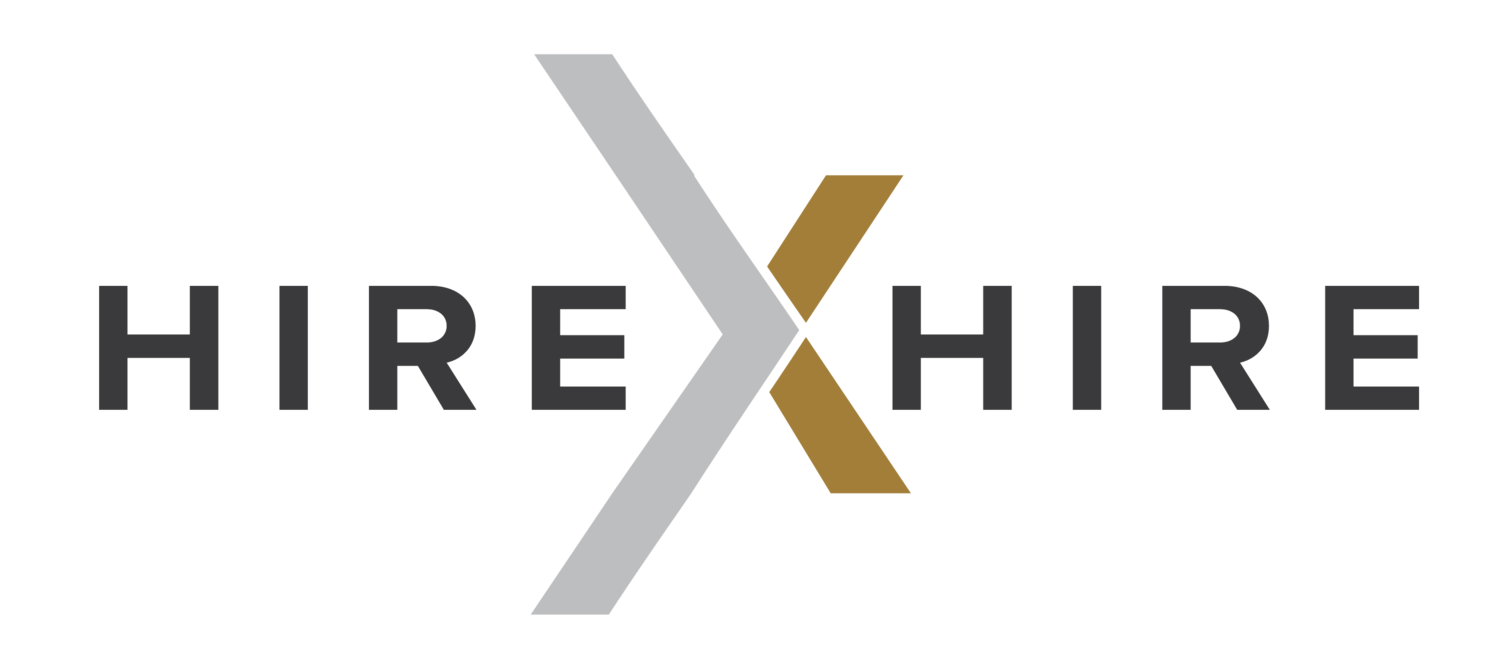How to Transition to a Career in Tech
How to Transition to a Career in Tech
One of the most common questions we hear from candidates is,
“How do I get my foot in the door in the tech industry if I don’t have a background in tech?”
There are plenty of opportunities to work in tech, even if that is not your career background.
Below, we share a few of HirexHire’s approaches to strategically transition into a career in tech.
T I P # 1 : Target tech companies within your domain
T I P # 1
Target tech companies within your domain.
Focus on functional areas and organizations that can leverage your knowledge and past experiences.
While you may not have a background in tech, your previous work experiences can still be relevant. One strategy to get your foot in the door is to target industry-adjacent roles. Think about the technologies you interact with in your current role. Someone had to build, market, sell, and support that technology. There are plenty of companies that can leverage your experience using the technology as a consumer and the insight you can provide as the customer target market. Below are four different examples of non-tech work experiences and the industry-adjacent companies that operate within that domain.
C H I C A G O T E C H C O M P A N I E S I N Y O U R D O M A I N
[ YOUR EXPERIENCE ]
Retail
Sales, Customer Service, or Purchasing
Supply Chain & Logistics
Consumer Feedback Software
Employee Engagement Software
— PerkSpot
T I P # 2
Explore non-technical job functions in tech
Glassdoor Economic Research (Glassdoor.com/research)
You do NOT need a coding background to work in tech.
Consider how many non-technical job functions companies require to run a successful business. According to Glassdoor, the average tech company employs 43% non-technical job functions. Your past experience may directly translate to a tech company. Most businesses require a mix of finance, marketing, HR, and many more disciplines. Once you have identified the general job function you would like to pursue, you can seek out the open roles within that functional area. See sample non-technical job functions and roles below.
N O N - T E C H N I C A L J O B F U N C T I O N S I N T E C H
Implementation & Project Management
Human Resources & Recruiting
Customer Support
Sales & Marketing
Finance & Accounting
Professional Services
N O N - T E C H N I C A L R O L E S I N T E C H
Sales & Marketing
Account Executive
Works directly with clients to learn their goals and establish how the company can meet them.
Digital Marketing Manager
Plans, manages and oversees all aspects of a digital marketing campaign to effectively promote brand’s product.
Field Marketing Manager
Responsible for planning, organizing, and executing account-centric demand programs that generate new prospects and advance existing opportunities for the sales team.
Professional Services
Implementation Project Manager
Responsible for developing processes to introduce new programs or systems into the workplace effectively.
Customer Success Manager
Responsible for overseeing the process of customer retention within a business.
Product Manager
Responsible for overseeing all activities relating to researching, designing, and marketing products on behalf of their employer.
Human Resources & Recruiting
Recruiter
Guides candidates and hiring managers throughout the hiring process. They screen candidates, manage interview schedules, and make offers and negotiate compensation with candidates.
HR Business Partner
Responsible for enhancing the relationship between company Executives with the human resources department to complete HR initiatives.
People and Culture Coordinator
Support and execute company culture and employer branding initiatives.
T I P # 3
Prepare to change how you operate
The tech industry is very different from many traditional industries. In tech, things can change, evolve, and grow very quickly. If you are transitioning into a career in tech, you must be willing and able to change how you operate.
This starts with the job hunt and interview process. It may take a little longer to find the right role compared to getting a new job within your established industry. You may find limited options for non-technical open roles at an industry-adjacent tech company within your domain, located nearby, right when you begin your job search. Be patient.
Throughout your career, you have likely crafted and perfected your pitch to sell your experience. This story will need to change. Since you are applying for a role that may not be the typical next wrung on your career ladder, you will need to be creative with positioning your work history. How does your past experience translate to this new company? Pick out a few specific examples that you can share during the interview process.
The tech industry changes very quickly, and how you did things five years ago may not be how tech companies operate today. Keep an open mind and prepare to learn about new products and processes.
If you’re prepared to transition into tech, visit our job board to explore open roles.













